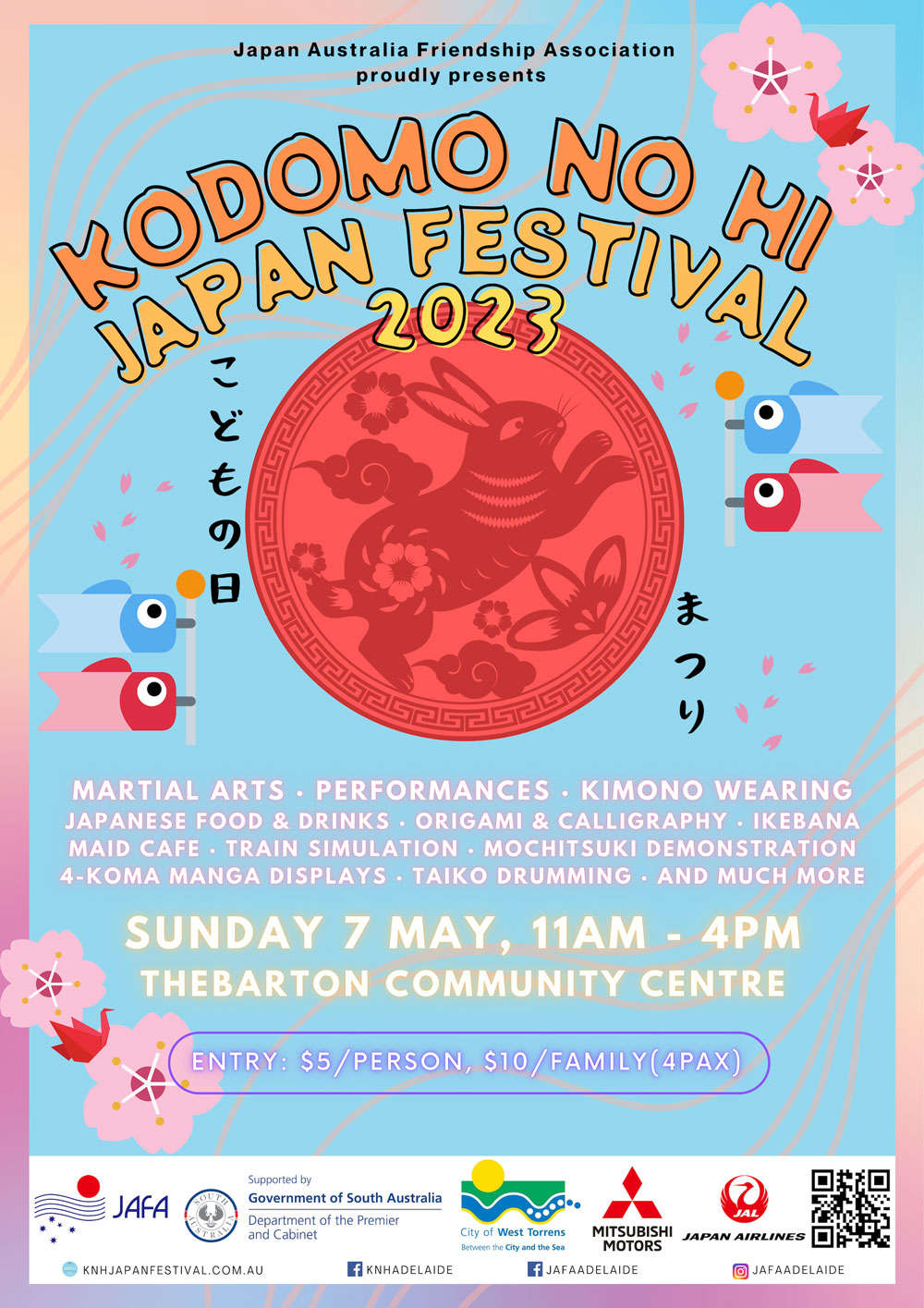Joshua Douglass-Molloy
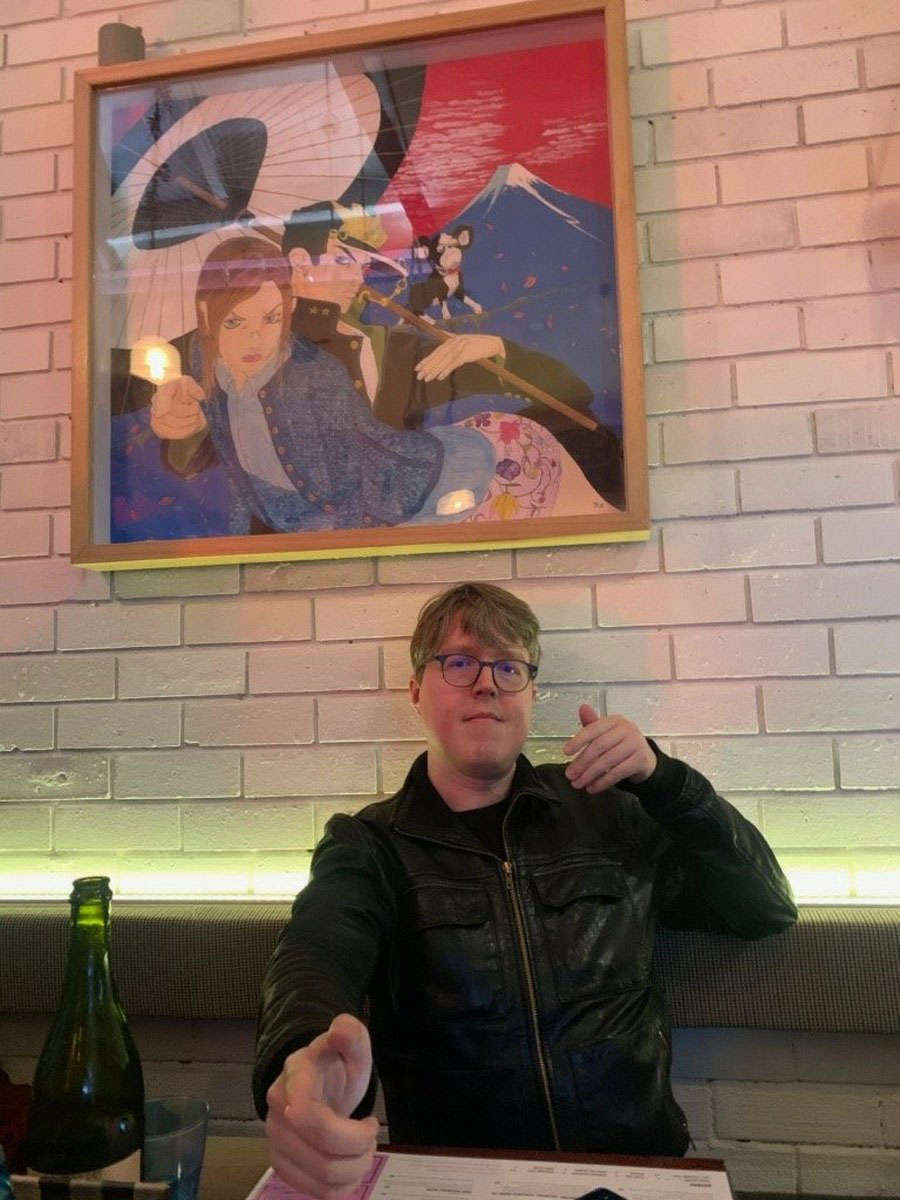 Joshua Douglass-Molloy
Joshua Douglass-Molloy
Occupation: Freelance translator
What interests you about Japan?
If I'm entirely honest, it really started when I was a kid and it happened to be around the time that Pokemon and other multimedia Japanese juggernauts really started to break into the West, which is absolutely everyone's story. The only difference is I went on to study the language for a decade. I also read a collection of short stories by the mystery author Edogawa Ranpo, which made me decide that I should start properly reading books, as that was what I had been doing all this language study for.So one big thing for me is the literature. At the moment I'm freelancing, mainly working on Japanese to English translation of books. This is actually the first time my work has really overlapped with my interest in Japan. In the future, I'd like to get into translating the things that I like to read from Japan, which varies from mystery novels to the more rarefied literary stuff. I'm trying to branch out and learn both contemporary and slightly older novelists of note. For example, one contemporary mystery novelist I really like is Keigo Higashino. He has a fun series called Detective Galileo, about a physicist who solves crimes in his spare time. That's incredibly popular, but only something like two out of the nine books in the series have actually been translated. Even with some of the most popular authors in Japan, only two or three of their books are actually translated into English, so if I get the rights to translate those books, I'd like to fill in the gaps.
What did you do when you were in Japan?
Each visit has been at some landmark point in my study of the language or utilisation of it. The third time I was actually studying for the Japanese Language Proficiency Test. I thought, 'I'll immerse myself for a month while I'm studying for this'. I ended up in Osaka and then took the exam in Kyoto. Most recently, just after they had opened up following COVID, I had my third translation underway at that point, so I thought, 'As long as I'm working remotely anywhere, why not be a bit of a nomad and just go over there while I work on my Japanese translation?'
I feel like I did a little bit of everything. On occasions I met up with Japanese friends that I made here, and I've done quite a bit of sightseeing. My approach to international travel is to try and live like a local, finding nice cafes and diners, going to bookshops, which I enjoy wherever I am, and soaking in the Japanese urban life, which I find pretty much ideal, even though it gets a bit crowded. Unfortunately I haven't been able to spend a considerable amount of time there. I'd like to spend at least a year or two really soaking up the culture.
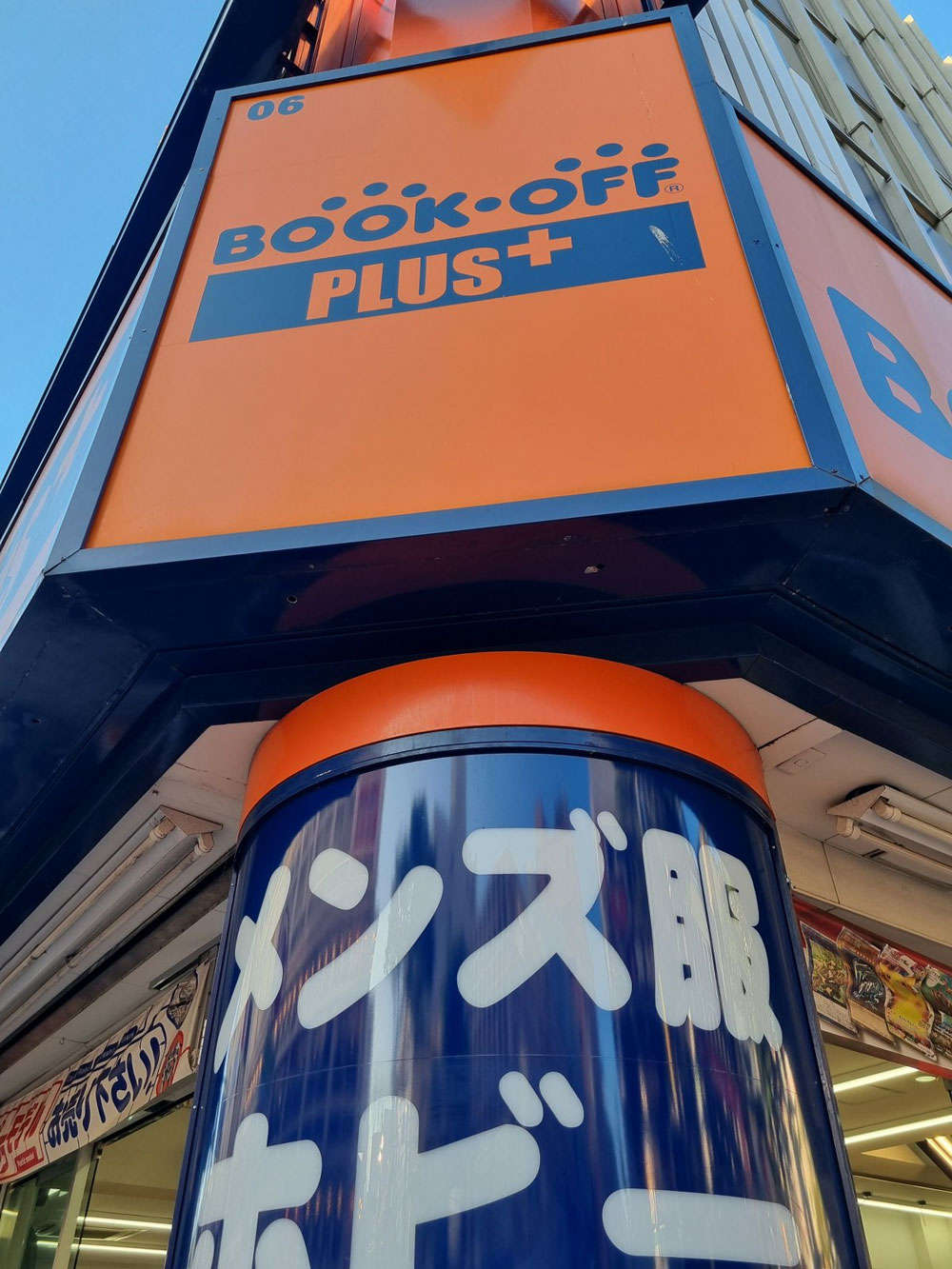
Can you tell us about a place you like in Japan?
My favourite thing I came across is probably BOOKOFF. I'm old enough to remember when we still had quite a lot of bookshops in Australia, but we really don't anymore. I was amazed at how good the condition of the books was and how cheap they were. There is that reverence for possessions in Japan that we don't really have in the West anymore. It probably harkens back to their Shinto animistic traditions; they actually really care about their possessions and take good care of them. The last two or three trips I've taken back armfuls of books. I'm into reading and private contemplation, so having real bookstores is great.
How is life in Japan different to life in your home country?
Considering the difference in population density there is an order of magnitude difference between Tokyo and Adelaide, it was quite overwhelming the first time. Out on the street and in the train there's a fair amount of noise, but if you're in a cafe or a bar it's generally quite subdued, so there's a refuge pretty well wherever you go. Language is the biggest difference, and there are different expectations of culture and etiquette. There's a lot more to learn! You can read books as much as you like, but you have to live there for a while to really appreciate the culture even remotely like a native does.
How do you imagine your future in relation to Japan?
I meant to go in early 2020, but then all that stuff happened! I'd like to visit much more regularly from now on. The most cost-effective thing to do would be to actually move there for a year or two to get my deep immersion in the culture, which may involve me going back into some software development work. Tokyo is a bit much sometimes, and actually in this last trip I spent about half of my time in Yokohama. It still has many of the benefits of Tokyo and it's actually only 15 minutes on the train up to central Tokyo, but it was on a scale that I could least comprehend, not much bigger than Melbourne or Sydney. I found that quite livable, so that would be an option.
Can you tell us something memorable about your time in Japan
I'm not really much of an outdoors person, but I challenged myself to do more sightseeing, walking around outside this time. While I was in Kanto, I went to Mount Takao. That was quite nice, I didn't really have anything else like that on the trip. I took probably the most well-trodden route up, which is actually paved, nothing like hiking in Australia, but I guess I was pretty out of shape after the pandemic, so it was still quite a challenge. It was late autumn weather as well - quite a comfortable hike. I just caught the end of the autumn leaves. By the time I got down to Kyoto, on one of my first sightseeing stops there were the gardens of the former Imperial Palace. There were still a handful of trees with red leaves, and the fellow who put me up in his guesthouse told me that just a week before it was totally red. I probably should have got there two weeks earlier!
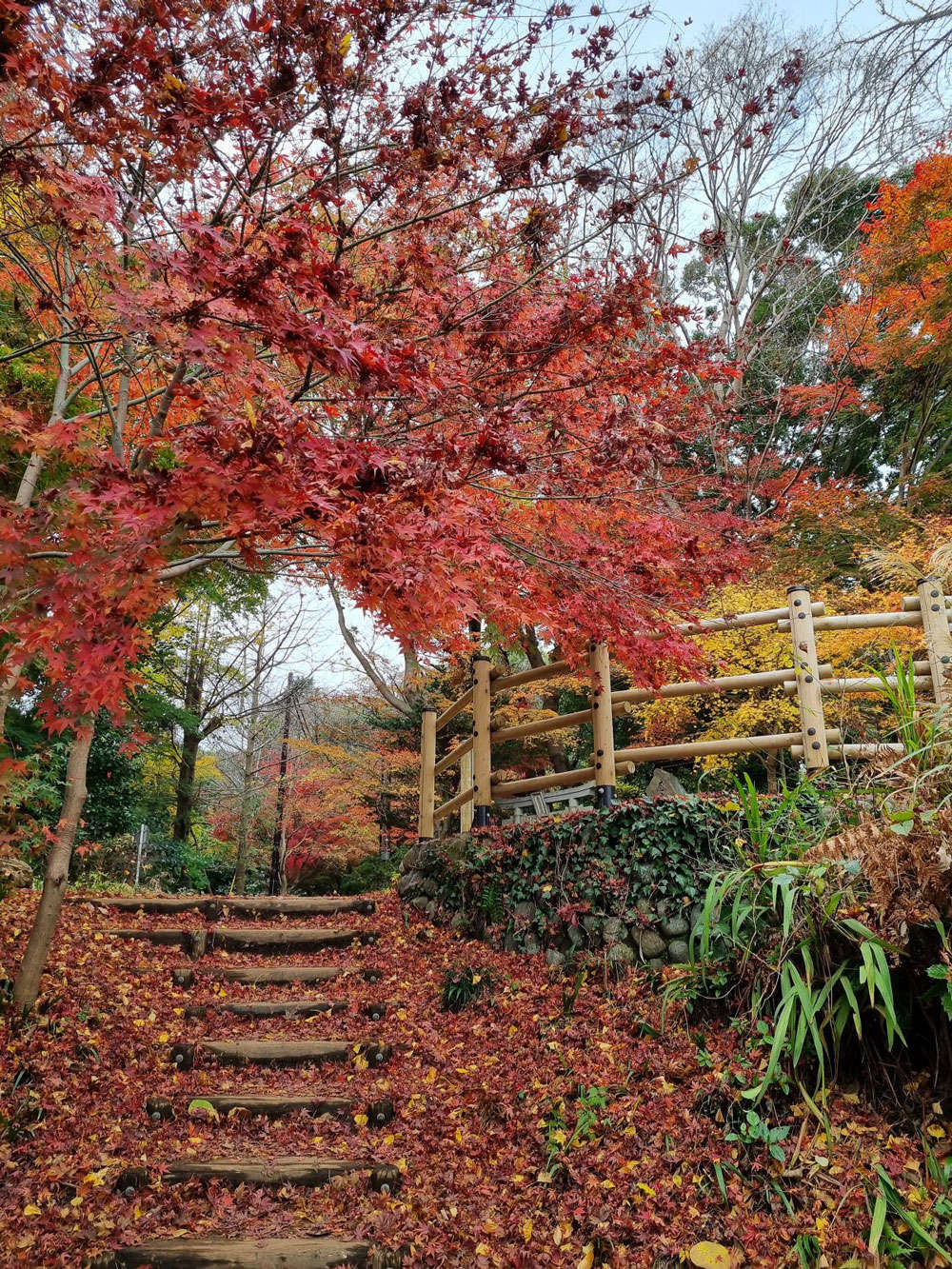
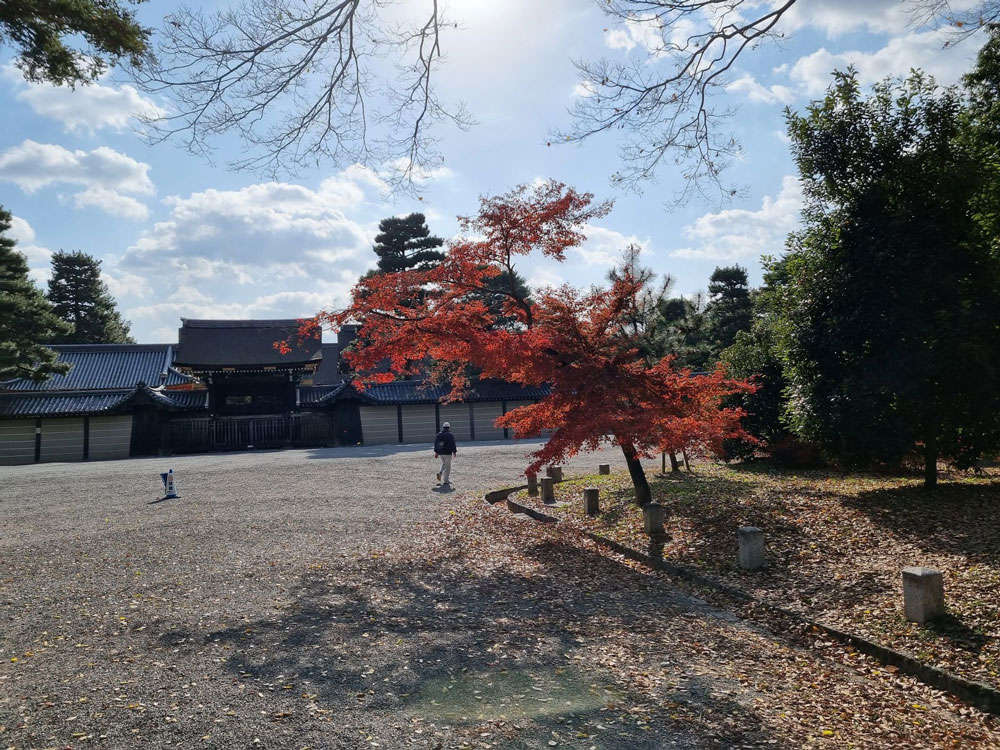
I understand you are on the Kodomo no Hi Japan Festival subcommittee?
Yes, it's my first time volunteering with JAFA (the Japan Australia Friendship Association). I've been to that event three or four times in the past, and I've also been to their monthly language exchange catch up (J-KAI) quite a few times, so I finally decided to give something back. There will be food, cultural exchange, origami, kimono dressing and other displays... just a fun day out for the family. I'd like to contribute more to events like Kodomo no Hi, not just to get people in Adelaide interested in Japan, but hopefully to make Adelaide a bit more appealing to the Japanese... and make Adelaide more interesting for me!
Kodomo no Hi Japan Festival will be held on Sunday, 7th May 11am-4pm at Thebarton Community Centre.
